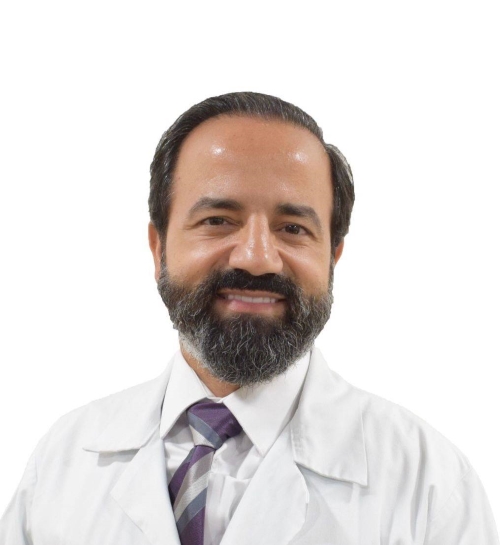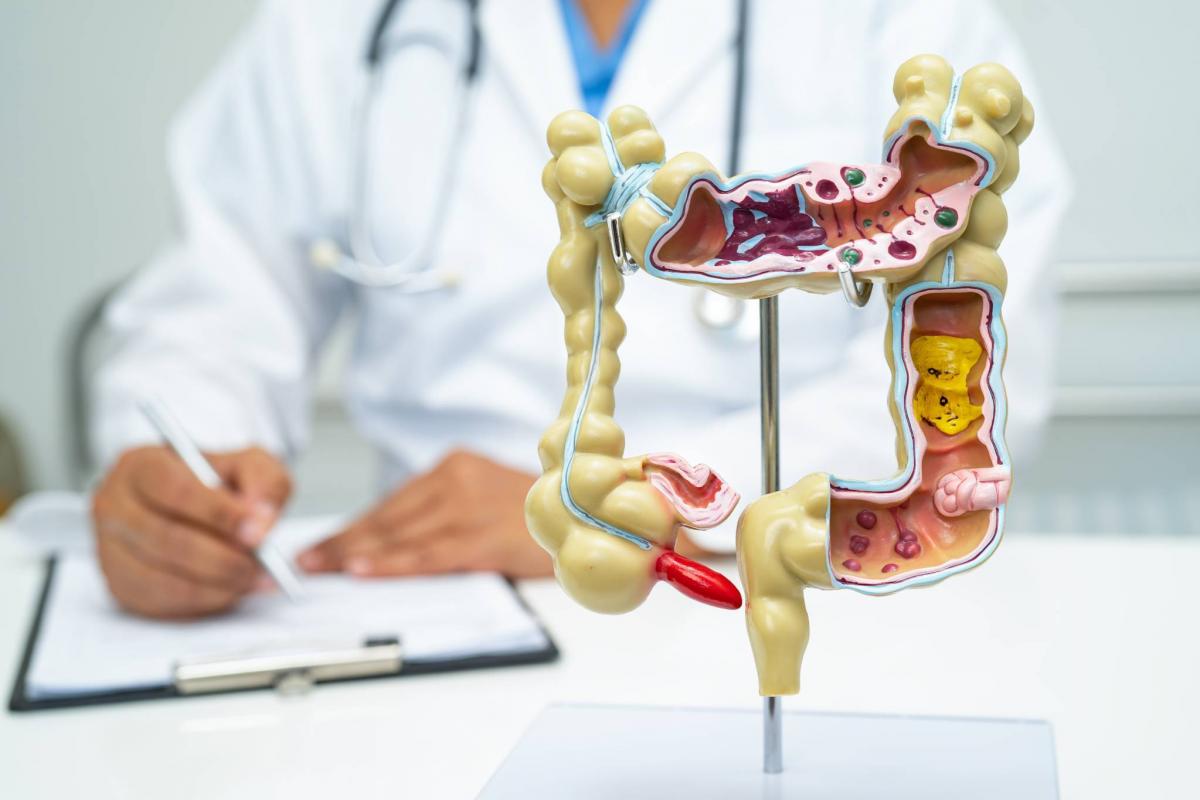March is the month dedicated to colorectal cancer prevention.
Colorectal cancer is among the most common cancers. It is the third most common cancer in men after prostate and lung cancer. Similarly, it is the third most common cancer in women after breast and lung cancer. However, it is a tumor that is easy to diagnose and when detected early, the cure rates are high. It often develops from a benign lesion called a polyp, which over the years can turn into a malignant tumor.
So, in this month, we inform ourselves, discuss it, and get screened.

Al-Safa News reviews with Dr. Abdo Saad, gastroenterologist at LAU Medical Center-Rizk Hospital-St John Hospital.
What are the symptoms of colon cancer?
Colorectal cancer begins with the appearance of polyps on the intestinal wall. Although most polyps are benign, they should be removed to prevent them from turning into cancer.
In its early stages of development, which can span several years, colon cancer often causes no symptoms, as the abdomen provides enough space for a tumor to grow. However, this tumor can cause symptoms.
The appearance of the following symptoms should be reported to a doctor:
• Presence of blood in the stool
• Pain during defecation
• Constipation
• Gastrointestinal discomfort
• Unexplained weight loss
• Feeling of extreme fatigue
• Vomiting.
What are the risk factors for colon cancer?
The main risk factors for colorectal cancer are:
• Polyps on the walls of the colon or rectum
• Age over 45 years
• Family history of colon or rectal cancer
• Diet low in fiber and high in fat
• Alcohol consumption
• Smoking
• Physical inactivity
• Obesity.
How is colon cancer diagnosed?
The diagnosis of colorectal cancer is generally made as part of the colorectal cancer screening program.
At the slightest doubt and/or in the presence of blood in the stool, the doctor prescribes a colonoscopy. This procedure, performed under general anesthesia or conscious sedation, allows the visualization of polyps and the taking of samples to determine whether it is a benign or malignant tumor. The surgeon performing the colonoscopy can remove the polyps during the same procedure.
How to prevent the onset of colon or colorectal cancer?
Given the risk factors for colorectal cancer, the best ways to prevent this disease are to adopt a healthy lifestyle (moderate alcohol consumption and quitting smoking...), a healthy and balanced diet, and to undergo screening every 3-10 years from the age of 45 (depending on the patient) to detect and treat this cancer at an early stage, and to detect and remove these polyps before they turn into cancer.
What are the different treatments for colon cancer?
Colon cancer benefits from treatment that gives good results and improves the chances of cure for patients.
The main treatments are surgery to remove the part of the colon affected by cancer, chemotherapy to eliminate cancer cells, and radiotherapy to "burn" malignant cells.
You are all concerned about colorectal cancer screening even if you have no symptoms, no family history of polyps, cancer, or disease affecting the colon or rectum, and no particular risk factors. Therefore, removing polyps is an effective way to prevent the onset of colorectal cancer.
 French
French














